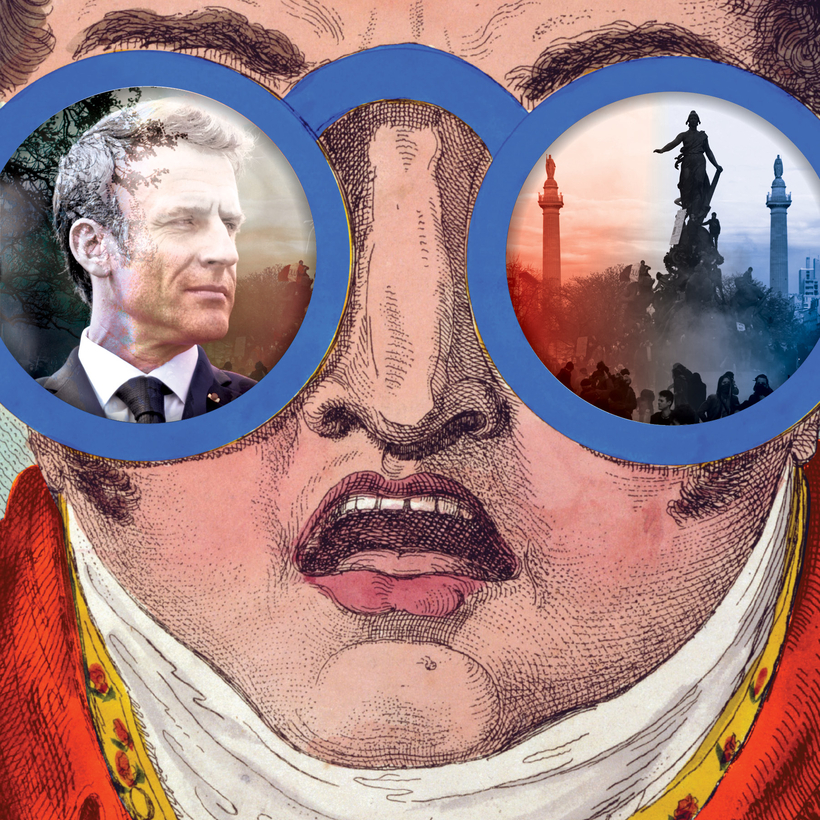Cherchez la femme. A woman is almost always the cause of trouble in French mysteries, and there is no bigger French mystery right now than why Emmanuel Macron is courting a popular uprising.
All over France, people have been on strike and marching in the streets to protest their president’s use of a constitutional loophole to bypass Parliament and force pension reform into law. It isn’t just that he raised the retirement age from 62 to 64, insisting that the country will otherwise soon be bankrupted by soaring pension costs. It’s that he did so in such a high-handed, L’État, c’est moi manner.


